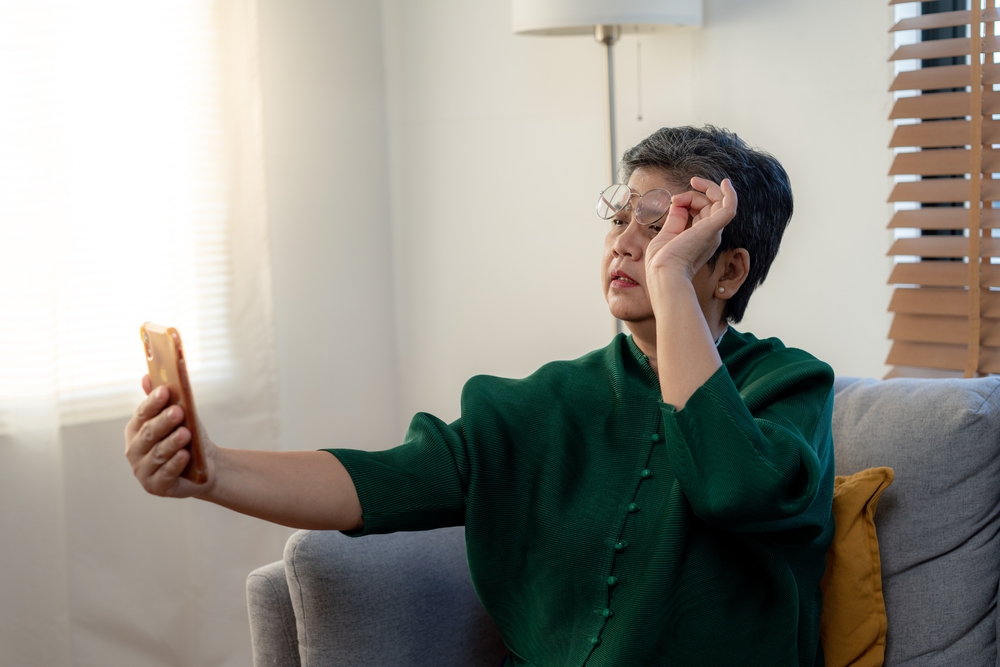
Myopia, also known as nearsightedness, is a common eye condition that affects a significant portion of the population. If you have myopia, you can see nearby objects clearly, but distant objects appear blurry. This occurs because the shape of your eye causes light to focus in front of the retina instead of directly on it. Myopia can develop in childhood or adolescence and may continue to worsen over time if left unmanaged.
Understanding Myopia
If one or both of your parents have myopia, you are more likely to develop it as well. However, genetics alone cannot explain the increasing prevalence of myopia worldwide. Environmental factors such as excessive near work, prolonged screen time, and lack of outdoor activities have been linked to the development and progression of myopia.
Recognizing the symptoms of myopia is crucial for early detection and management. The most obvious symptom is difficulty seeing distant objects clearly. You may find yourself squinting or straining your eyes to see things that are far away. Headaches, eye strain, and tiredness after prolonged visual tasks are also common symptoms of myopia. If you experience any of these symptoms, it is recommended to schedule an eye examination with an optometrist to determine if you have myopia and to discuss appropriate management strategies.
Factors that Contribute to the Progression of Myopia
Various factors can influence the progression of myopia. One significant factor is age. Myopia often starts in childhood or adolescence and tends to worsen during these developmental stages.
Additionally, the severity of myopia at the initial diagnosis is correlated with the rate of progression. High myopia, defined as a prescription of -6.00 diopters or higher, is more likely to progress rapidly.
Other factors that contribute to myopia progression include excessive near work, insufficient outdoor time, and inadequate correction of refractive errors. It is crucial to address these factors to slow down the worsening of myopia and prevent potential complications in the future.
The Importance of Early Myopia Management
Managing myopia early is vital to prevent its progression and reduce the risk of associated eye conditions. High levels of myopia can increase the likelihood of developing vision-threatening conditions such as retinal detachment, glaucoma, and myopic macular degeneration.
By implementing appropriate myopia management strategies, such as using specialized contact lenses, orthokeratology, or pharmaceutical interventions, optometrists can help control the progression of myopia and reduce the risk of these complications. Early intervention is key to preserving long-term eye health and visual acuity.
Orthokeratology, or Ortho-K, is a non-surgical procedure that involves wearing specially designed gas-permeable contact lenses overnight to reshape the cornea temporarily. This technique provides clear vision during the day without the need for glasses or contact lenses.
Another option is multifocal contact lenses, which have different zones for near, intermediate, and distance vision. These lenses can slow down the progression of myopia by slightly defocusing the peripheral retina.
Pharmaceutical interventions, such as low-dose atropine eye drops, have also shown promising results in controlling myopia progression. Your optometrist can help determine the most suitable management option for your specific needs.
Navigating Myopia with the Help of Eyes on the City
By understanding the causes, recognizing the symptoms, and addressing the contributing factors, you can take control of your myopia progression. Early intervention and appropriate myopia management techniques are crucial for preventing the worsening of myopia and reducing the risk of associated complications. Consult with your optometrist to discuss the best strategies for managing your myopia and preserving your long-term eye health.
Schedule an appointment with our optometrist to discuss myopia management options and take control of your eye health, visit Eyes on the City at our office in Seattle, Washington. Please call (206) 588-2814 to book an appointment today.







